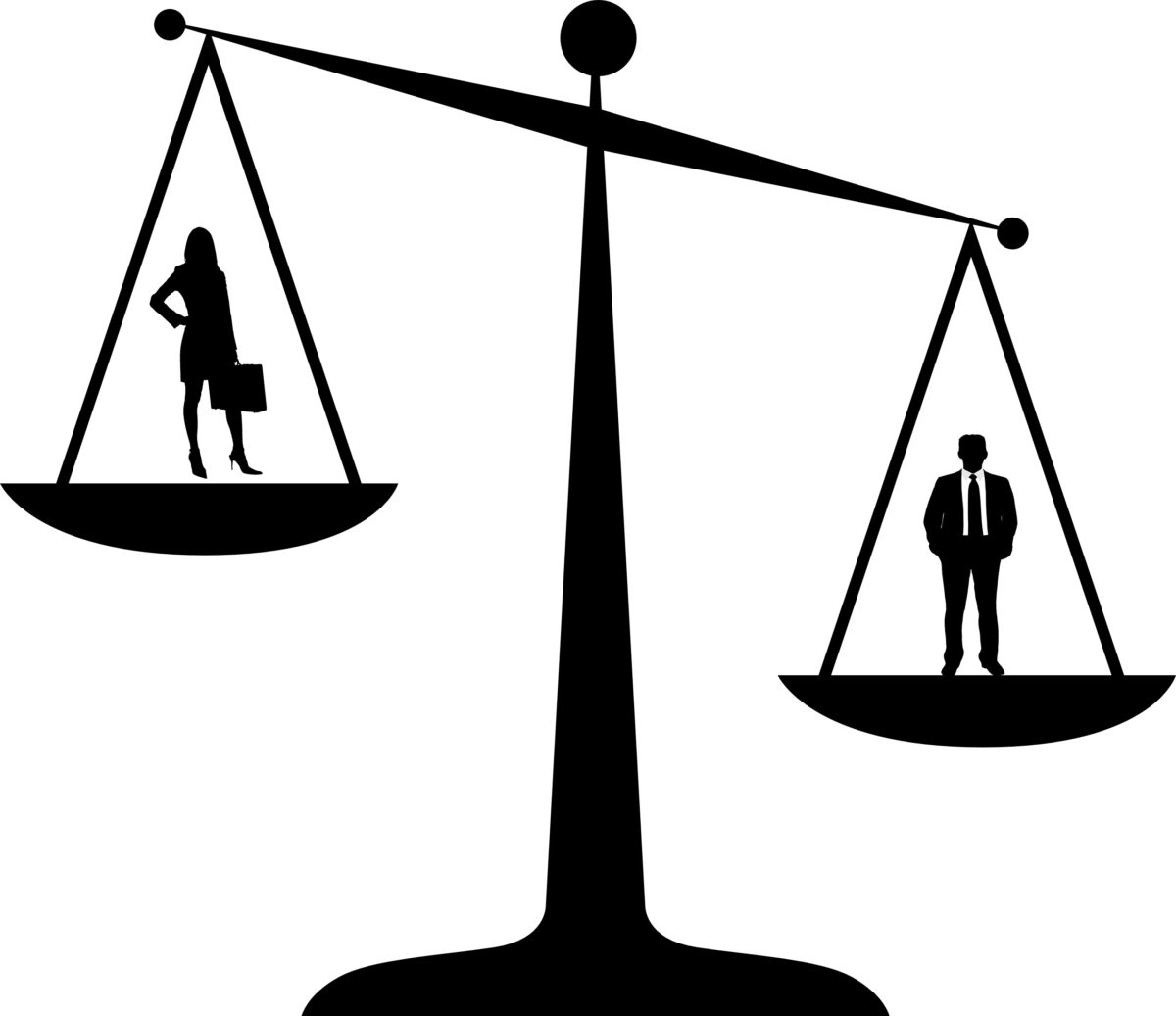
I’ve always fancied myself a feminist. When I was 16 years old, I chopped off all of my hair and wore boys’ clothes for a year. All because I refused to play into gender stereotypes and society’s expectations. I’m able to make a sailor blush with the profanities I throw at anyone who dares to cat-call me. I’ve lived the frustration of being paid the same amount as a male subordinate because I’m a woman.
After over a century since the first wave of feminism, we’re still focused on the same issues in the past. But we’ve seen a lot of victories too. The pay gap can be observed in some isolated situations, but it’s closing. Ideas of gender roles have leveled out and there are more women in the workplace than ever. Even our cabinet is now 50 per cent women “because it’s 2015” and we’ve come a long way, baby. So why doesn’t that last concept feel like a win?
The first wave of feminism at the turn of the century started with women who sought the right to vote. In the ’60s, a second wave took form after the equal rights movement picked up. Young girls grew up with their pill-popping mothers who were deeply depressed after losing their jobs post-war. They vowed never to follow in their footsteps and to gain a real place in the workforce. They’ve seen a lot of success but it’s left the third wave feeling really muddled. You could say we lack a clear mission statement.
There’s been a lot of backlash on feminism recently – mainly from women. I’m not completely on board with the whole “I don’t need feminism because…” movement, but I can take their point. Things are generally pretty good for us these days. But gender parity feels like a slap in the face.
Watching women get appointed into roles simply because they are women is not equal rights – it’s a hell of a leg up on the competition. Yet feminists everywhere are crying out in victory. If that’s a victory, then it’s starting to feel like the goal is no longer equality but supremacy. As Liz Lemon so cleverly pointed out “women are allowed to get angrier than men about double standards.”
I’m not saying that the appointees aren’t qualified for the job. Experience isn’t everything after all. I still remember the pride I felt the first time I was promoted. I’d jumped ahead of plenty of coworkers with plenty more experience than I ever had, but I was also dedicated in many ways that they weren’t.
Thomas Carlyle once wrote “there’s nothing that feeds self-esteem and self-confidence like accomplishment.” My greatest fear is one day gender parity will rob me of my pride.
One day, when I’ve built the career and life I’ve always dreamt of, I don’t want to stop and think to myself “what if I’m only here because of my gender?” I yearn for more than just to be a quota-filler.
So instead of saying we need gender parity because it’s 2015, I look forward to the day when we no longer even question the gender of candidates. That’s when we’ll finally see the equality our mothers and sisters fought for.
